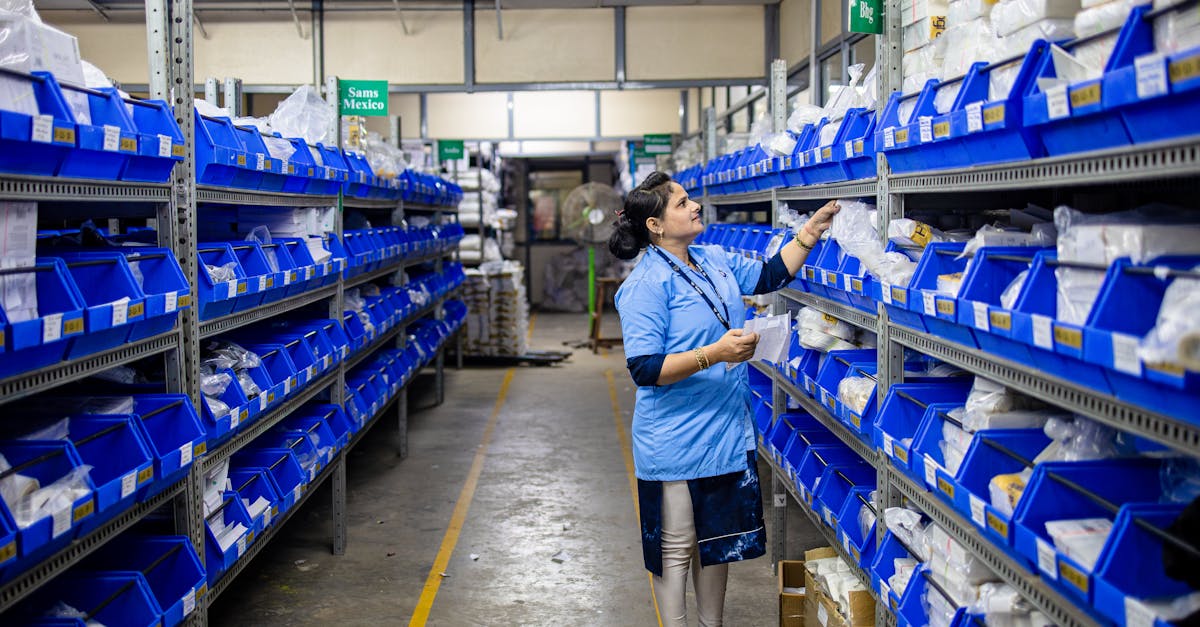Introduction
Imagine a world where you receive free money and a secure digital identity, all in exchange for an iris scan. This is the premise behind Worldcoin, a digital currency project launched on July 24th, 2023, after two years of development. Co-founded by Sam Altman, CEO of OpenAI, and Alex Blania, a blockchain entrepreneur, Worldcoin aims to create a globally owned currency distributed fairly to everyone. But is this vision of a UBI-driven utopia too good to be true? Let's delve into the complexities and controversies surrounding Worldcoin.
The Promise of Worldcoin: A Global Currency for All
Worldcoin's core idea is to distribute a piece of the global economic pie to everyone, hoping to reduce inequality and pave the way for an AI-funded Universal Basic Income (UBI). To achieve this, they employ a device called the "Orb," a spherical device containing a camera and light source that scans users' irises. This iris scan generates a "World ID," a digital identity based on zero-knowledge proofs, allowing users to prove their uniqueness without revealing personal details. This World ID can be used for various online activities, from social media to banking, aiming to eliminate fraud and spam.
Users also receive Worldcoin's digital currency token (WLD) for free upon scanning their iris. The amount varies based on market conditions and location, but at one point, one WLD token was valued at around $2, offering approximately $50 worth of tokens for a single iris scan. This prospect of free money is undoubtedly enticing, but it raises significant ethical and practical concerns.
Concerns and Criticisms: Privacy, Exploitation, and "AI Colonialism"
Despite its ambitious goals, Worldcoin has faced a barrage of criticism from privacy advocates, regulators, and ethical researchers. The idea of surrendering biometric data to a private company with unclear intentions is a major red flag. Even Sam Altman himself has acknowledged the "ick factor" associated with the concept. Claims that Worldcoin doesn't store or share biometric data and allows users to opt-out have not quelled these concerns. Critics have even gone so far as to call it a "dystopian nightmare," a scam, and a form of "AI colonialism."
Reports have surfaced detailing concerning practices. An MIT Technology Review article exposed dishonest marketing tactics, the collection of more personal information than acknowledged, and failure to obtain clear consent. It also noted the secret use of biometric data to train AI models. Security vulnerabilities have also been identified, with TechCrunch reporting a hack that compromised login details of Worldcoin operators due to a lack of two-factor authentication. The tamper-proof nature of the Orb itself has also been questioned, raising doubts about the prevention of duplicate or fraudulent scans.
Regulatory Challenges and Ethical Dilemmas
Worldcoin's activities have faced regulatory scrutiny and even bans in some countries. France's data protection authority issued a warning in June 2023 for violating the EU's GDPR, citing inadequate user consent and insufficient information on security and purpose. The UK's Financial Conduct Authority also flagged WLD as requiring authorization and warned of significant investment risks. Kenya's central bank prohibited banks from dealing with Worldcoin due to threats to financial stability, safety, and consumer privacy.
The ethical implications are equally concerning. Critics argue that Worldcoin exploits vulnerable populations in developing countries by offering them free money in exchange for their biometric data, a practice described as "digital colonialism." Edward Snowden has compared Worldcoin to China's social credit system, warning of potential mass surveillance and social engineering. Safiya Umoja Noble, an AI ethics specialist, has condemned Worldcoin for exploiting the labor and data of marginalized people and imposing a Western-centric vision of identity and value.
Conclusion: A Utopia or a Dystopia?
Worldcoin presents itself as a benevolent project aimed at reducing inequality and establishing a UBI-driven future. However, the project is plagued by privacy concerns, security vulnerabilities, regulatory challenges, and ethical dilemmas. Whether it's a genuine attempt to create a better world or a sophisticated scheme to collect biometric data and control the digital landscape remains to be seen. As the project continues to evolve, increased transparency, accountability, and adherence to ethical principles will be crucial in determining its ultimate impact.
Keywords: Worldcoin, Sam Altman, AI Colonialism, Biometric Data, Digital Currency




0 Comments